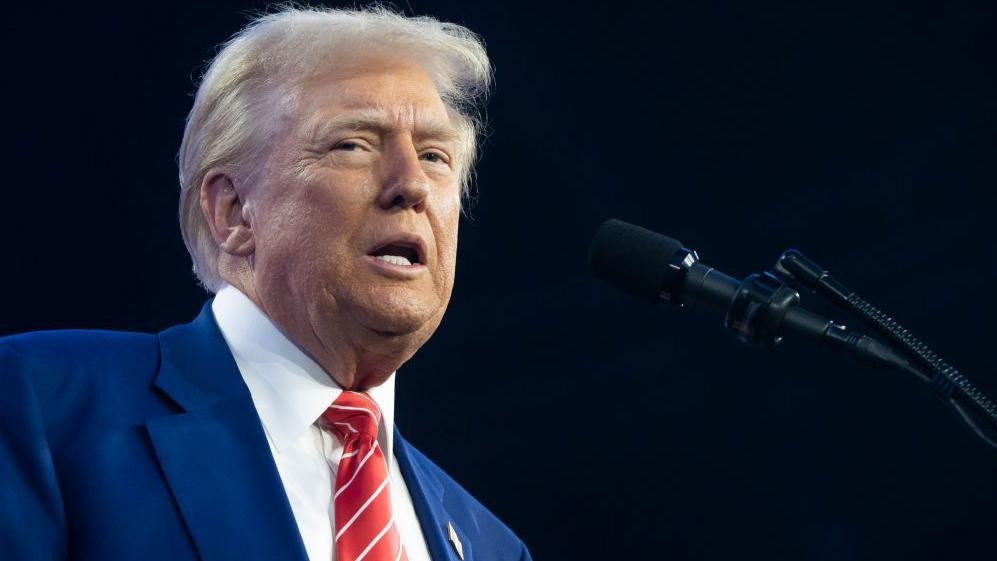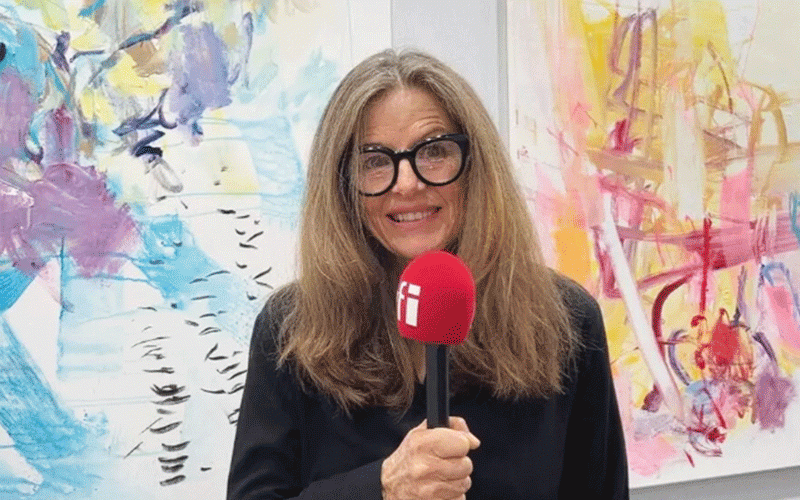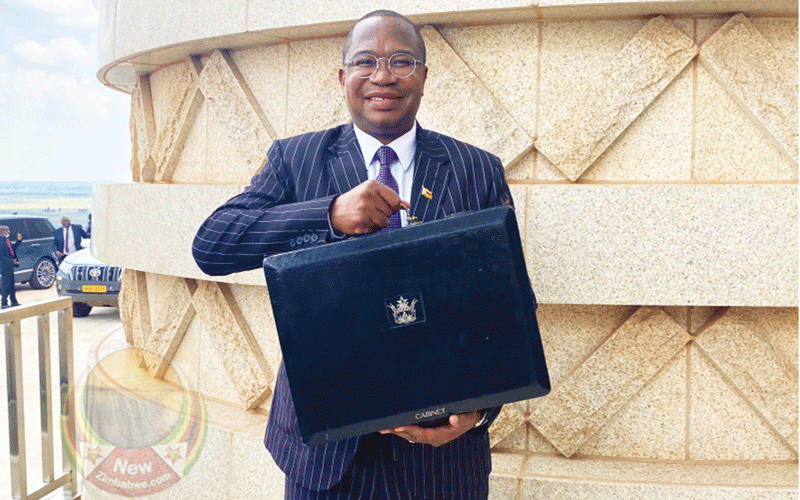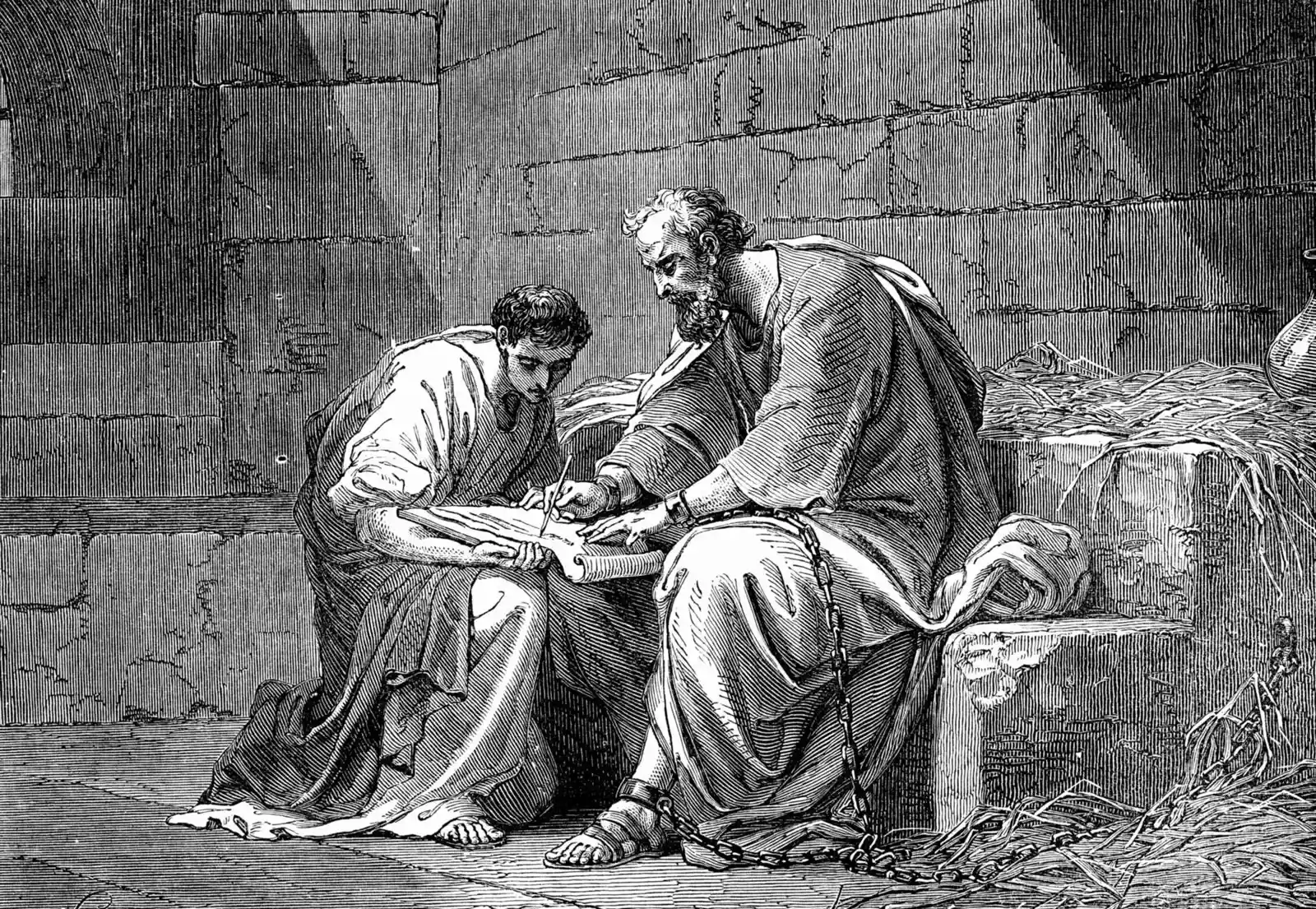
Miriam Tose Majome THE United States Congress passed the Zimbabwe Democracy and Economic Recovery Act (Zidera) in 2001. The Act has been subsequently revised, with the most recent amendment being in 2019. It is a very short simple Act at only five pages and yet its contents are largely unknown.
This piece summarises and highlights some of the salient features to inform and dispel misconceptions. Zidera largely and unequivocally imposes sanctions on Zimbabwe and to a minor extent, to some Zimbabwean individuals and companies.
A number of Zimbabwean and American lobbyists, activists and researchers in the civil society and in the political arena were consulted in the crafting of the Act.
Consultative meetings were held at various local and foreign locations until the Act was passed. The current US President Joe Biden was one of three senators, including Hillary Clinton, who sponsored the Bill. It was passed by the US Congress and signed into law by President George W Bush in December 2001.
What is the purpose of the Act?
The Statement of Policy states that the aim is to: “To support the people of Zimbabwe in their struggle to effect peaceful democratic change, achieve broad-based and equitable economic growth and restore the rule of law.”
At the time Zidera was crafted, Zimbabwe was at a very volatile political and social crossroad. The Movement for Democratic Change party had been formed in 1999 and the land reform and acquisition programme was in full swing.
There were gross human rights violations perpetrated against political opponents and violence at the farms that were being compulsorily acquired and being redistributed.
- Chamisa under fire over US$120K donation
- Mavhunga puts DeMbare into Chibuku quarterfinals
- Pension funds bet on Cabora Bassa oilfields
- Councils defy govt fire tender directive
Keep Reading
The land reform programme breached international agreements and treaties such as Bilateral Investment Protection and Promotion Agreements entered into with foreign agricultural concerns.
The US Congress said it was not happy with the way the late former President Robert Mugabe’s government was running the country, specifically regarding (i) the mismanagement of the economy, (ii) undemocratic practices and (iii) involvement in the Democratic Republic of Congo (DRC) war.
In 1998, Mugabe without parliamentary approval, had despatched the Zimbabwean army to help the late former DRC President Laurent Kabila ward off rebel forces assisted by Uganda and Rwanda.
For the three reasons, the Congress said that the Zimbabwean government had “rendered itself ineligible to participate in the International Bank for Reconstruction and Development and International Monetary Fund (IMF) programmes’’.
It states that these programmes would have provided substantial resources to assist the recovery and modernisation of Zimbabwe’s economy.
It further states that: “The people of Zimbabwe have thus been denied the economic and democratic benefits envisioned by the donors to such programmes, including the United States.” It does not say the Government of Zimbabwe.
The Zimbabwean government was accordingly disqualified from accessing international financing. This had the immediate effect of stopping all major international financial institutions from advancing Zimbabwe money for various purposes.
In 1999, the IMF suspended financial support to Zimbabwe. The International Development Association (IDA) suspended all structural adjustment loans, credits and guarantees to the Zimbabwe government.
In 2000, the IDA went on to suspend any new lending and disbursements of funds for ongoing projects that had been previously approved. It suspended all guarantees for loans.
The international institutions which are prohibited by the Act from advancing finance to the Zimbabwean government include the International Bank for Reconstruction and Development, the International Development Association, the International Finance Corporation, the Inter-American Development Bank, the Asian Development Bank, the Inter-American Investment Corporation, the African Development Bank, the African Development Fund, the European Bank for Reconstruction and Development, and the Multilateral Investment Guaranty Agency.
The US President is the only one who can lift any of the sanctions imposed by the Act when the world superpower is satisfied and has certified that the Zimbabwean government has met the conditions set out in the Act.
Before such certification is issued, the US is entitled to oppose and vote against any decision to provide any loan, credit or guarantee to the government of Zimbabwe.
The US can also vote against any cancellation or reduction of indebtedness by Zimbabwe to the United States or any international financial institution.
The conditions to be met before Zidera can be repealed are:
- Restoration of the rule of law.
- Holding a presidential election that is widely accepted as free and fair by independent international monitors
- Sufficient improvement of the pre-election environment in keeping with accepted international standards and ensure a conducive and safe election environment for all political participants.
- Ending the war in the DRC.
- Commitment to equitable, legal and transparent land reform, including compensation of former farmers
- The military and police must stay out of politics and government and be subordinate to the civilian government.
At the end, the Act makes provision for identifying certain individuals and their assets and implementing travel and economic sanctions against them and their families.
Provision is made for the eventual removal or amendment of those travel and economic sanctions.
Miriam Tose Majome is a lawyer at Veritas and she writes in her personal capacity











